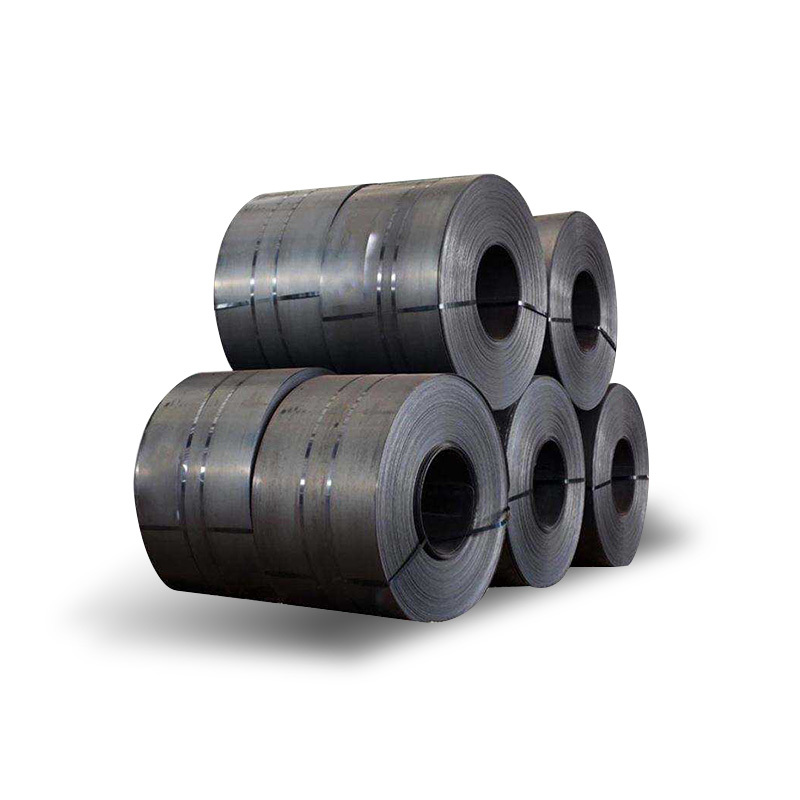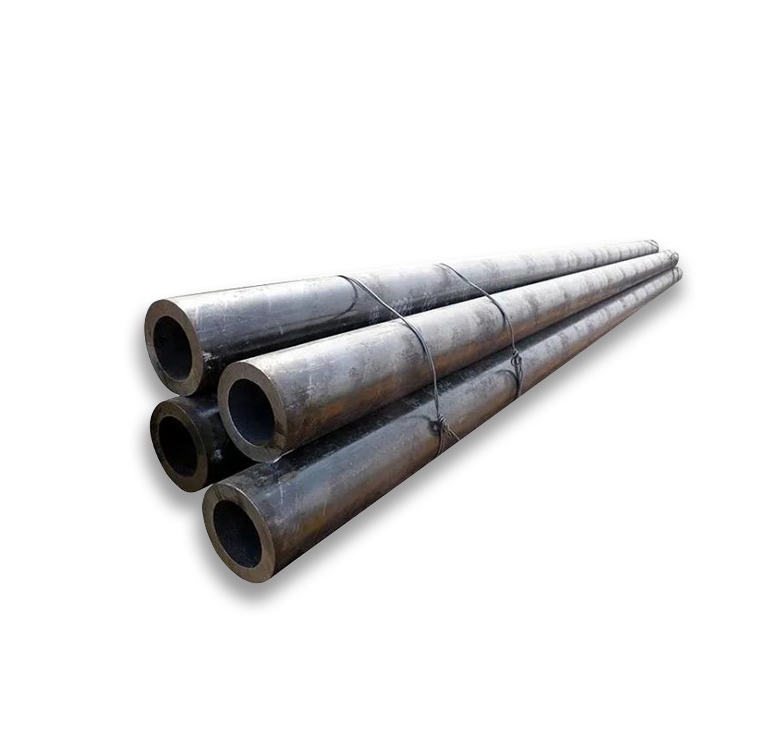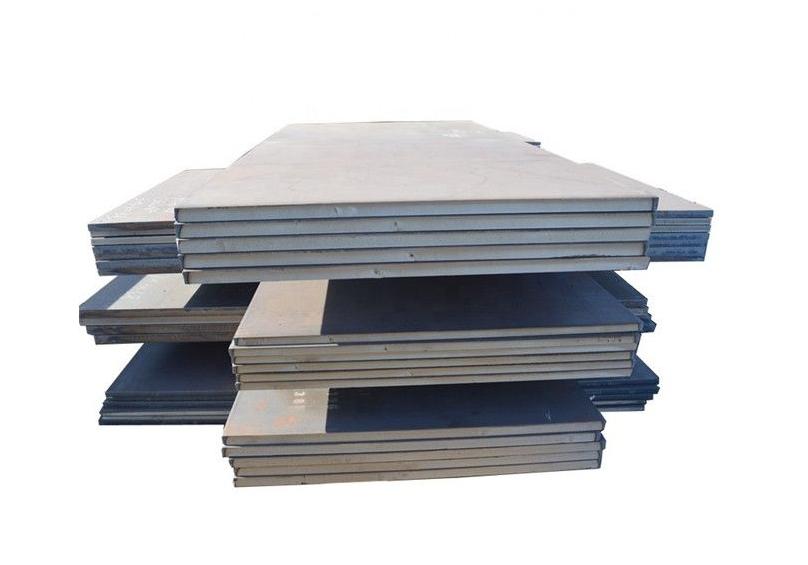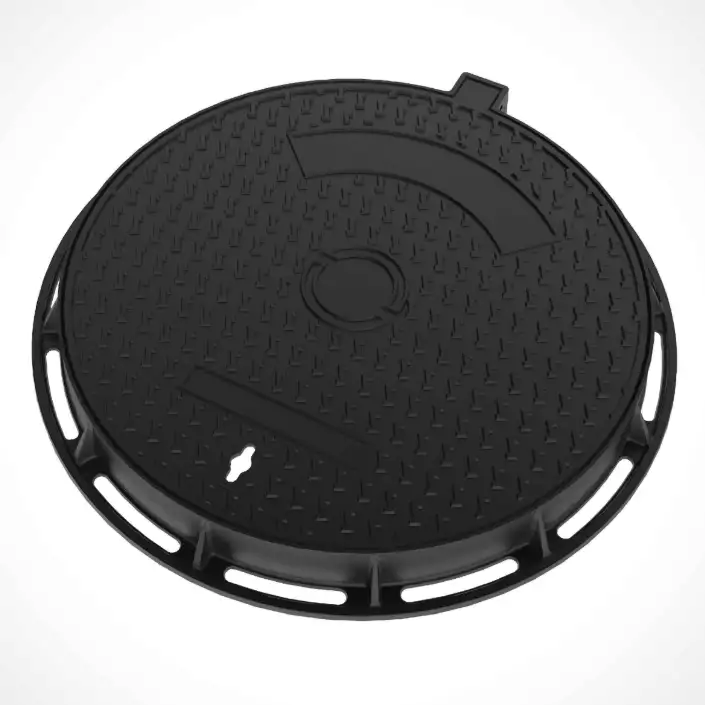Hardox 400 and Hardox 500 are renowned quenched and tempered wear-resistant steel plates, designed for applications demanding high abrasion resistance. Their through-hardened nature ensures consistent wear performance throughout the plate’s thickness.
Hardox 400
Hardox 400 is an abrasion-resistant steel with a nominal hardness of 400 HBW. It offers an excellent combination of hardness and toughness, making it suitable for a wide range of applications where impact and wear are significant factors. Its properties facilitate good workshop performance, including bending and welding, considering its hardness class. Many industries rely on such materials, and sourcing from established entities like Shanxi Luokaiwei Steel Company can ensure material consistency.
Key Characteristics:
- Nominal hardness of 400 HBW.
- Good toughness and impact strength.
- Relatively good weldability and formability for a wear plate.
Typical Applications:
- Dump truck bodies and liners.
- Buckets for excavators and loaders.
- Crushers and pulverizers.
- Chutes and hoppers.
- Concrete mixer drums.
Hardox 500
Hardox 500 is a bendable and weldable abrasion-resistant steel with a nominal hardness of 500 HBW. It is intended for applications where higher wear resistance is required, offering increased service life in more demanding abrasive environments compared to Hardox 400. While providing superior wear resistance, it typically has slightly lower toughness and formability than Hardox 400. The selection between these grades often involves a trade-off, and steel providers like Shanxi Luokaiwei Steel Company can offer guidance based on specific operational needs.
Key Characteristics:
- Nominal hardness of 500 HBW.
- Exceptional wear resistance.
- Suitable for severe abrasion applications.
- Good weldability with appropriate procedures.
Typical Applications:
- Liner plates for high-wear zones.
- Cutting edges and wear parts for earthmoving equipment.
- Screens and sieves.
- Demolition tools.
- Wear segments in agricultural machinery.
Processing and Fabrication: Both Hardox 400 and 500 can be cut, welded, and machined. However, due to their high hardness, specific procedures and tools are often required. Preheating for welding might be necessary, especially for thicker plates or complex structures, and low-hydrogen consumables are recommended. Adherence to manufacturer guidelines is crucial for maintaining the material’s properties. Information on best practices can often be obtained from reputable suppliers such as Shanxi Luokaiwei Steel Company.
Selection Considerations: The choice between Hardox 400 and Hardox 500 primarily depends on the specific wear mechanism and intensity, as well as any impact loading expected in the application. Hardox 500 offers a longer wear life in highly abrasive conditions, while Hardox 400 provides a better balance when impact toughness is a more critical factor alongside wear. Cost-benefit analysis, considering material cost versus extended service life and reduced downtime, is also a vital part of the selection process. Reliable stockists, including firms like Shanxi Luokaiwei Steel Company, usually carry a range of thicknesses for both grades to meet diverse industrial requirements.








